Barack Obama: How ‘Yes we can’ turned to ‘Sorry we couldn’t’
With the midterms comes the reckoning for a man who appeared to have it all, but failed to deliver
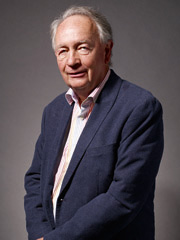
A free daily email with the biggest news stories of the day – and the best features from TheWeek.com
You are now subscribed
Your newsletter sign-up was successful
The United States goes to the polls on 4 November in a ‘general election’. Britons won’t hear much about it because the ‘midterms’ do not include election for the White House. But it does have great significance as all congressmen and women and one third of senators, together with many state governors, do run.
Once the votes are counted, Barack Obama will be well and truly into his ‘lame duck’ period, the final two years in office before he stands down. Whether he can achieve anything significant in this time is doubtful: US politics - the Tea Party and all - have become fractured to the point of impotence.
Commentators are starting to take stock of what Obama, first elected in 2008 with such fanfare (‘Yes we can’), has been able to achieve.
The Week
Escape your echo chamber. Get the facts behind the news, plus analysis from multiple perspectives.

Sign up for The Week's Free Newsletters
From our morning news briefing to a weekly Good News Newsletter, get the best of The Week delivered directly to your inbox.
From our morning news briefing to a weekly Good News Newsletter, get the best of The Week delivered directly to your inbox.
The occupant of the White House is often dubbed ‘the most powerful man on earth’. Obama’s tribulations – over reforms at home and efforts to create a saner world – highlight not just his own frustrations (and failings), but also the nature of his office. In some ways the US President has less power and elbow room than a British prime minister, especially one like Thatcher and Blair commanding large House of Commons majorities.
British governments with such support were many years ago dubbed ‘elected dictatorships’; how Obama must have wished for similar political muscle to push his programme through Congress.
It is easy to forget with what enthusiasm and passion Americans originally elected him, the first Afro-American to occupy the Oval Office. I had an American friend in London who was on tenterhooks in 2008. She was white and liberal, and I joked that she might take herself to the nearby Thames and end it all if Obama were not elected. Here was a black(ish)JFK.
From a left-of-centre perspective, Obama appeared to have it all: he was a great orator; he looked presidential; after the George W. Bush years of dubious wars he represented a clean break with the scarred past. Pax Americana, a mirage for so long, might be finally established across a peaceful (and grateful) world. At last, that gulag, Guantanamo Bay, would finally be closed.
A free daily email with the biggest news stories of the day – and the best features from TheWeek.com
Obama has faced more racism than people this side of the Atlantic realise. Much of the opposition to him is because he is black: remember that nonsense suggesting he had not been born on US soil, a prerequisite for a president under the US constitution.
But he has had his successes. Despite the appalling backlash against health cover for all Americans, millions more US citizens now have medical security; the economy is strong (stronger, anyway, than Europe’s); he has worked at reducing global warming despite fierce opposition from vested interests; quietly he has improved the lot of many of the poorest.
However, he has failed the ultimate test. The US President combines the roles occupied in the UK by two people: head of state, the Queen, and head of government, the Prime Minister.
When I worked in Washington DC as a journalist, a report was published on all those caught trying to climb into the White House. The vast majority simply wanted to pour their troubles into the president’s ear.
The would-be intruders were people who believed that the president could intervene to get a wife cancer treatment; could have a wrongly jailed child freed; could clear up a waste tip that threatened a community. At that stage Jimmy Carter was president, and – fine man and, later, successful post-president though he was – he lacked the personality to fulfil his people’s aspirations.
He was succeeded by Ronald Reagan, who slept in the afternoon and had none of the command of detail so painfully accumulated by Carter. Reagan represented sunshine and optimism: he joshed with people; he told (often inaccurate) tales that made Americans feel good about themselves. He had the monarch bit off to a tee.
Carter would arrive at a press conference having mastered his brief in the night (the bags bulged beneath his eyes); Reagan would breeze in and crack jokes. No one expected Ronnie to know the detail buried in para 33, page 230, of the report he carried jauntily under his arm.
And it was here that Obama went wrong.
He is a serious, committed and conscientious man. Still a mere 53, he has grown old over his six years in office; his hair is grey and one feels that the (obligatory) presidential athleticism, getting in and out of helicopters on the White House lawn, has become somewhat strained.
Politicians need luck, and Obama has had little. The recession coincided with his first election; Russian leader Vladimir Putin is obdurate and wily; the Arab spring left the rails; the jihadists rose as the US withdrew ground troops from the Middle East; Congress is at sixes and sevens; now Ebola.
These would test any leader, but the stark - and sad - truth is that Obama too often looks more like the victim of events than the master.
-
 The ‘ravenous’ demand for Cornish minerals
The ‘ravenous’ demand for Cornish mineralsUnder the Radar Growing need for critical minerals to power tech has intensified ‘appetite’ for lithium, which could be a ‘huge boon’ for local economy
-
 Why are election experts taking Trump’s midterm threats seriously?
Why are election experts taking Trump’s midterm threats seriously?IN THE SPOTLIGHT As the president muses about polling place deployments and a centralized electoral system aimed at one-party control, lawmakers are taking this administration at its word
-
 ‘Restaurateurs have become millionaires’
‘Restaurateurs have become millionaires’Instant Opinion Opinion, comment and editorials of the day
-
 ‘No-fault divorce is an indescribable relief’
‘No-fault divorce is an indescribable relief’Instant Opinion Your digest of analysis from the British and international press
-
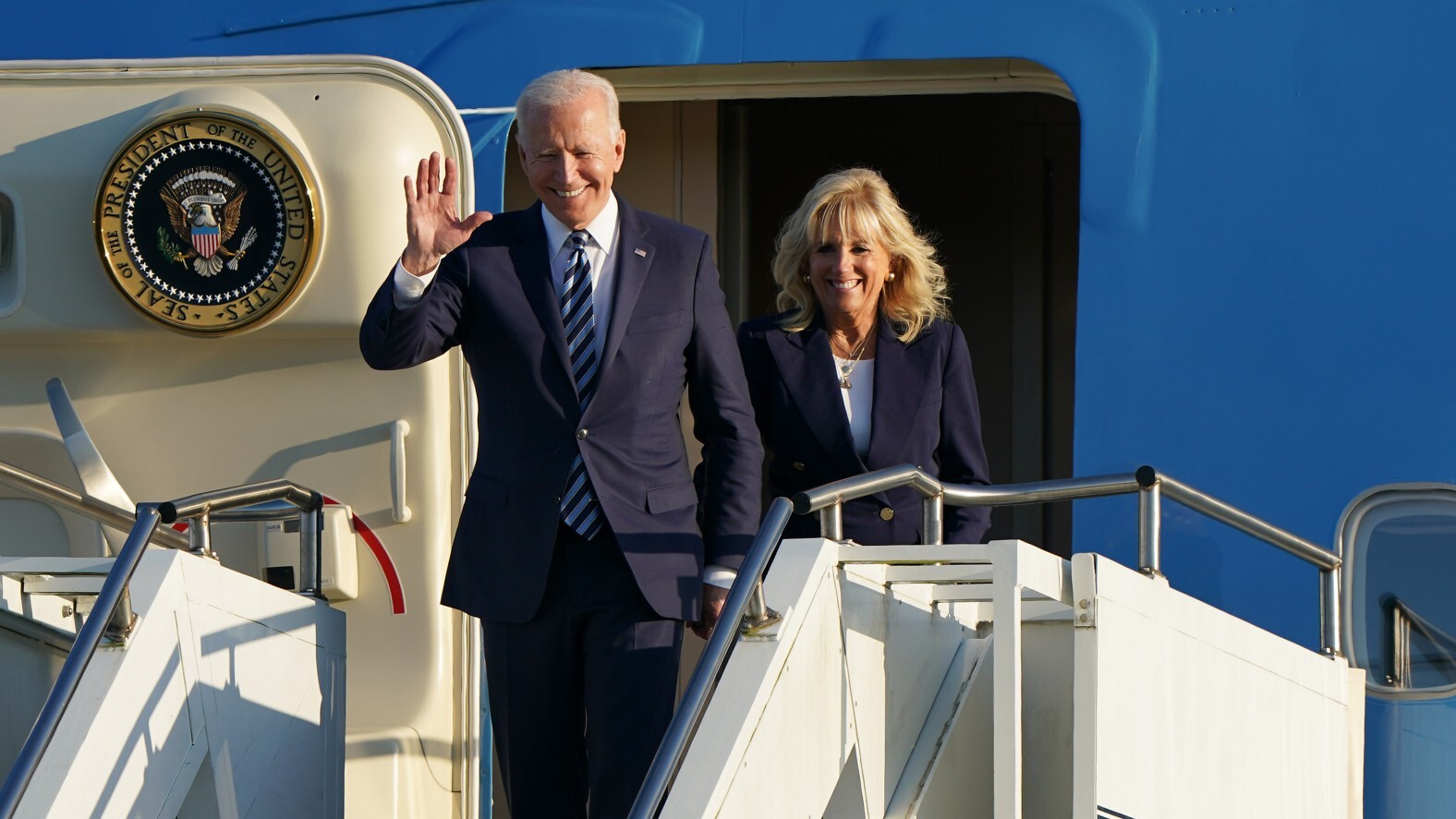 Dr Jill Biden: meet the ‘Philly girl’ first lady
Dr Jill Biden: meet the ‘Philly girl’ first ladyIn the Spotlight The US president’s other half is also a community college teacher, cancer research campaigner and grandmother
-
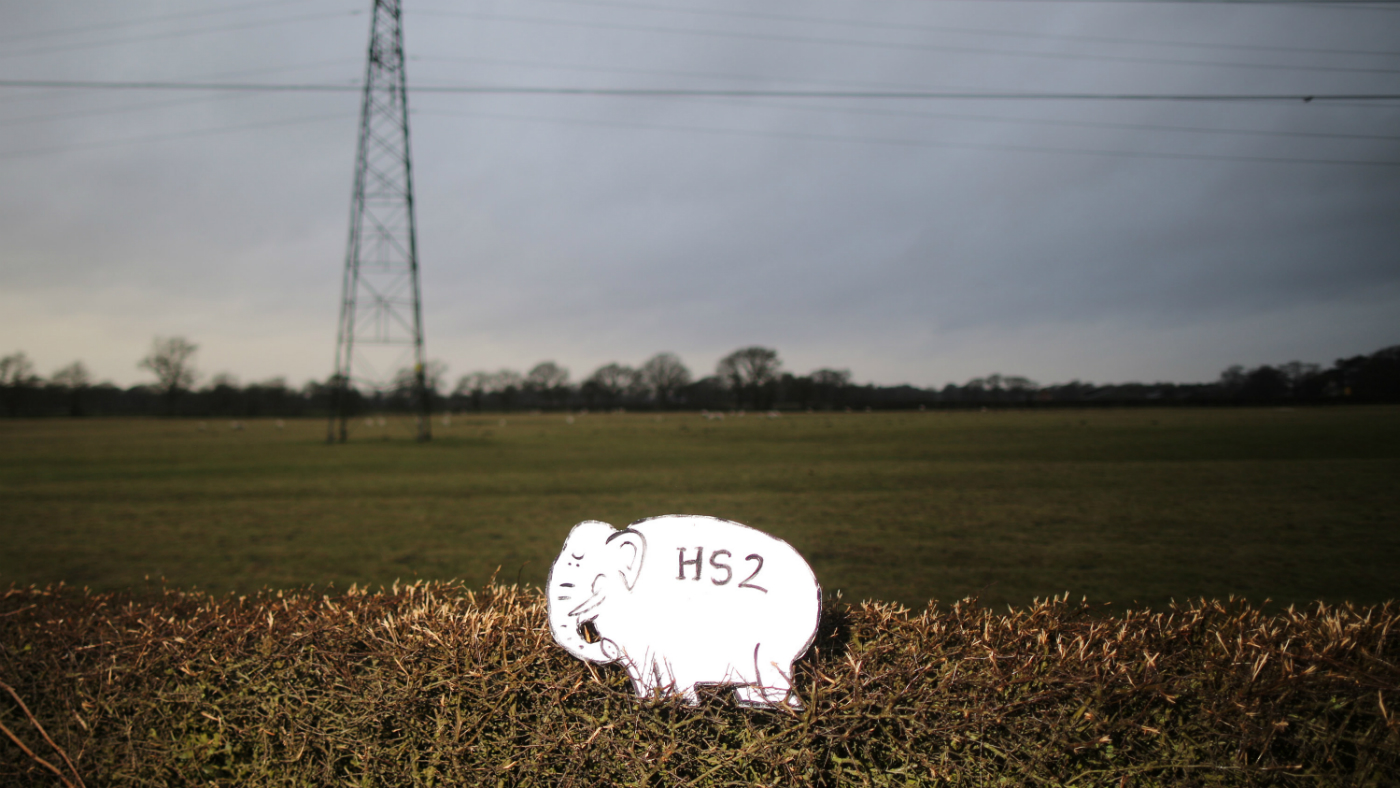 Instant Opinion: launching HS2 now ‘is a disgrace’
Instant Opinion: launching HS2 now ‘is a disgrace’In Depth Your guide to the best columns and commentary on Friday 17 April
-
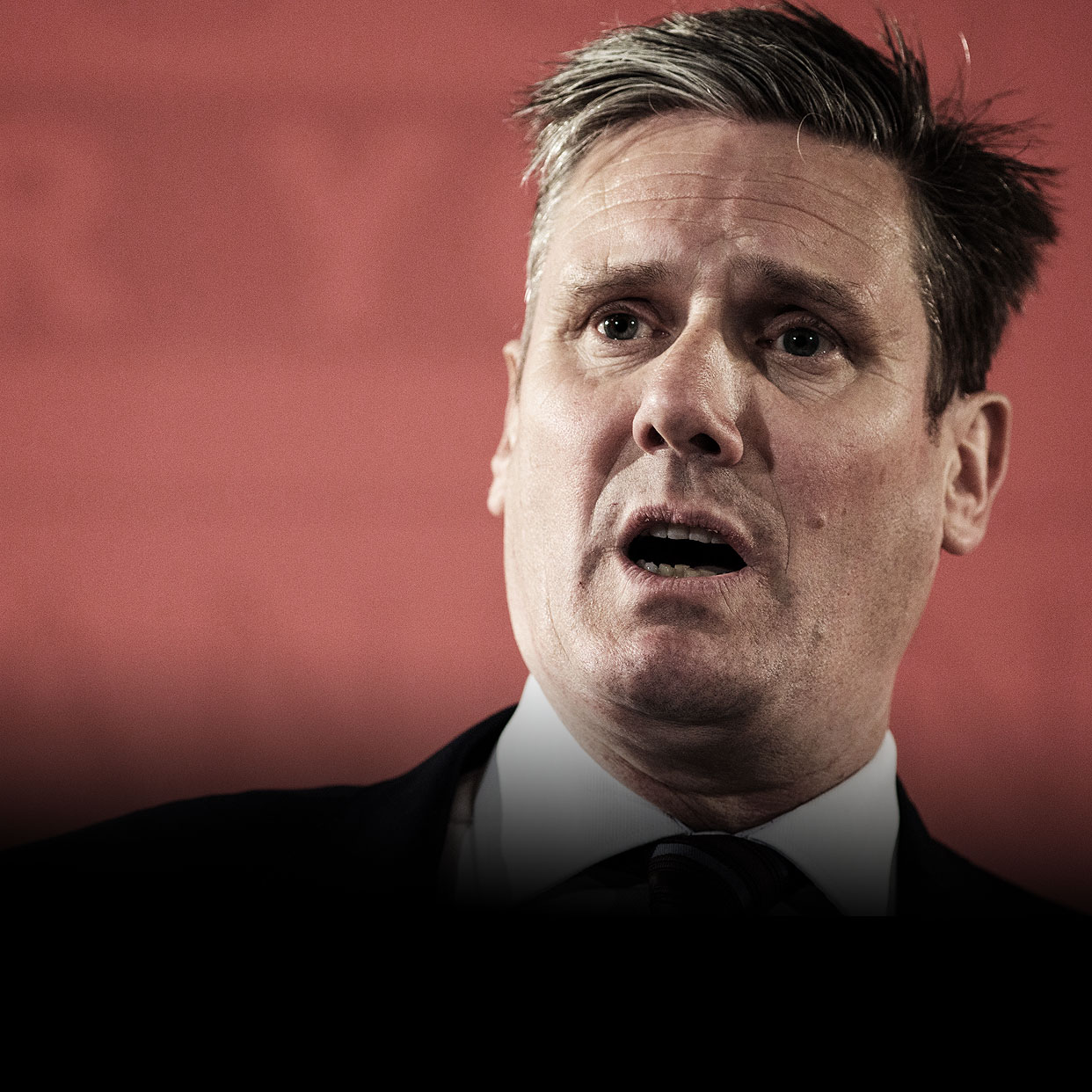 Instant Opinion: Labour rivals have ‘reason to fear’ Starmer
Instant Opinion: Labour rivals have ‘reason to fear’ StarmerIn Depth Your guide to the best columns and commentary on Wednesday 18 December
-
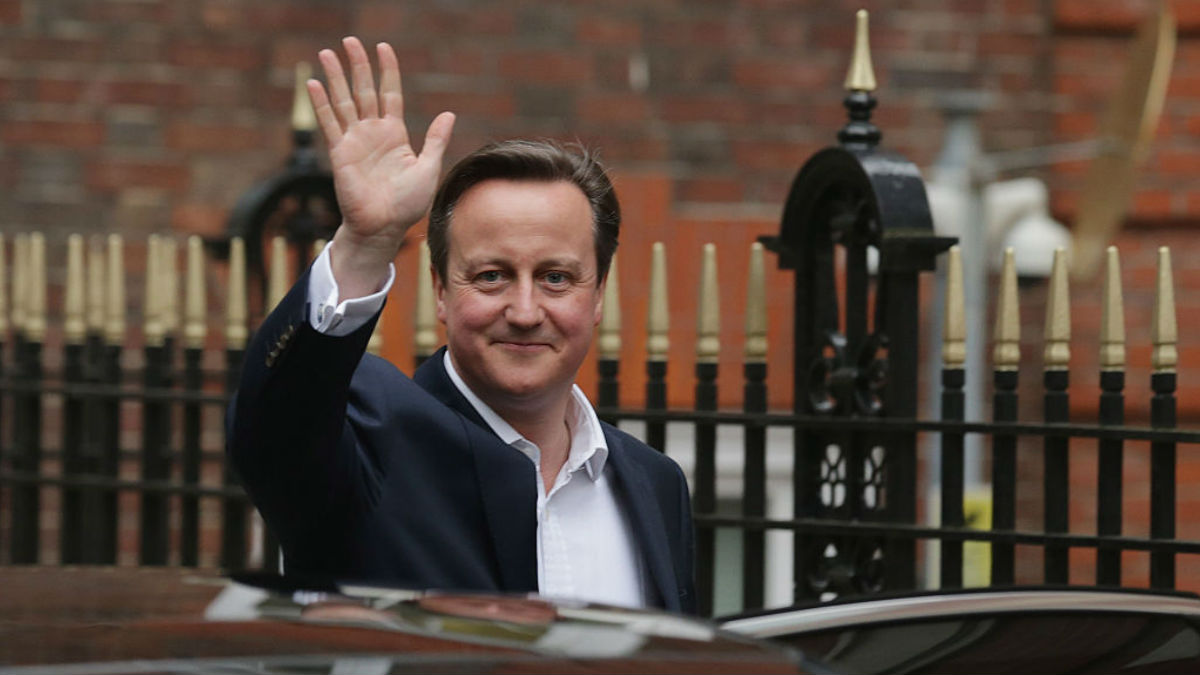 Instant Opinion: ‘David Cameron is not the only one to blame for Brexit mess’
Instant Opinion: ‘David Cameron is not the only one to blame for Brexit mess’In Depth Your guide to the best columns and commentary on Thursday 19 September
-
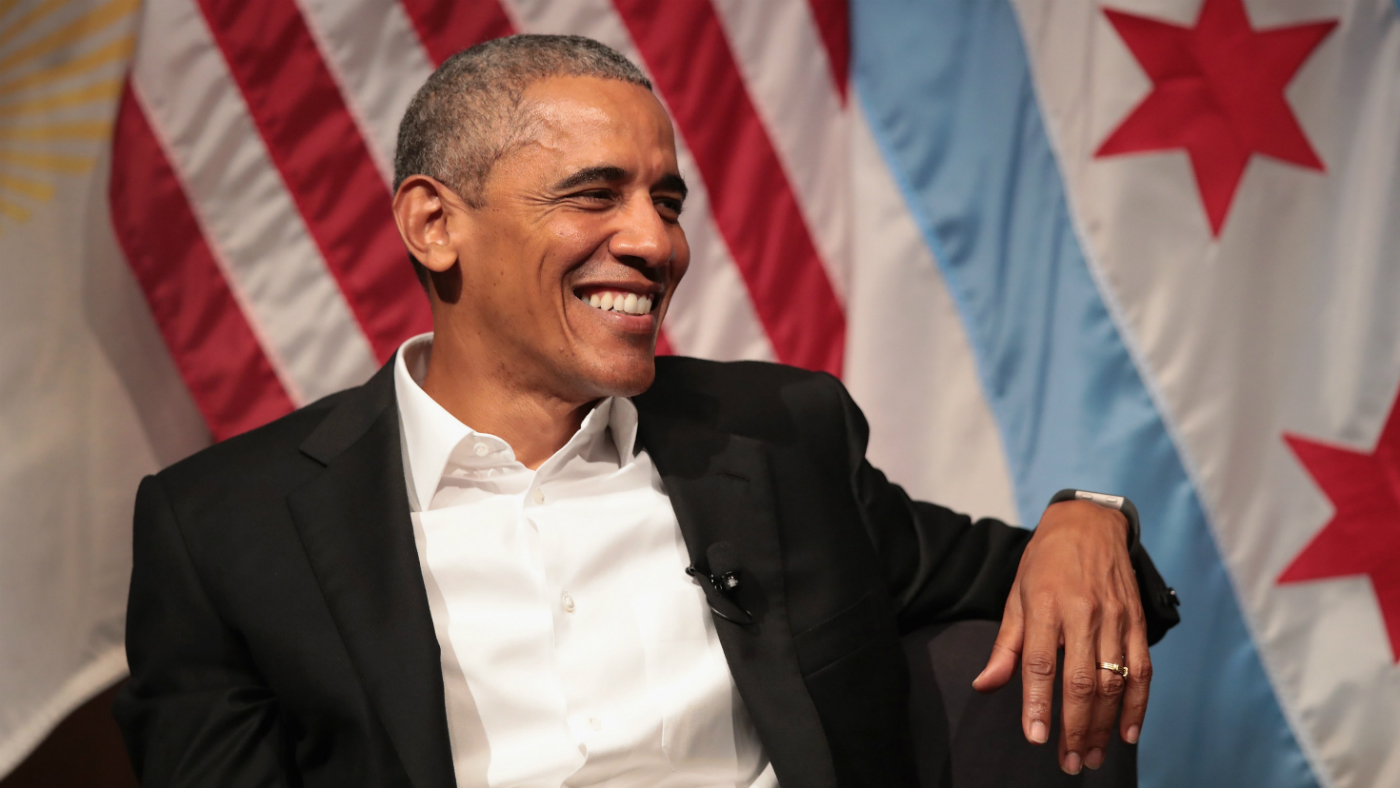 Barack Obama joins volunteers at Chicago food bank
Barack Obama joins volunteers at Chicago food bankSpeed Read Former president donned gloves to help volunteers bag potatoes for Thanksgiving food parcels
-
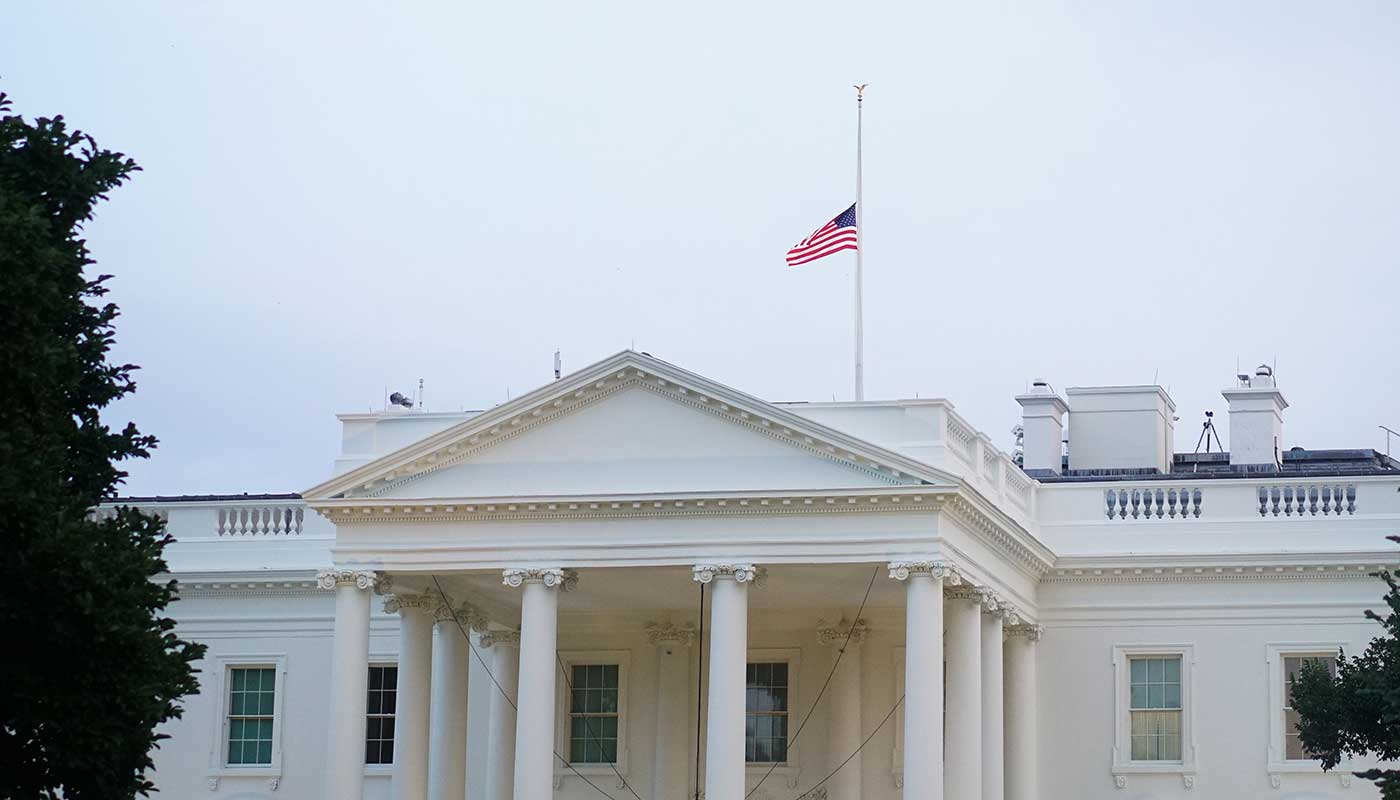 White House re-lowers flag for John McCain
White House re-lowers flag for John McCainSpeed Read Trump forced to back down over handling of senator’s death
-
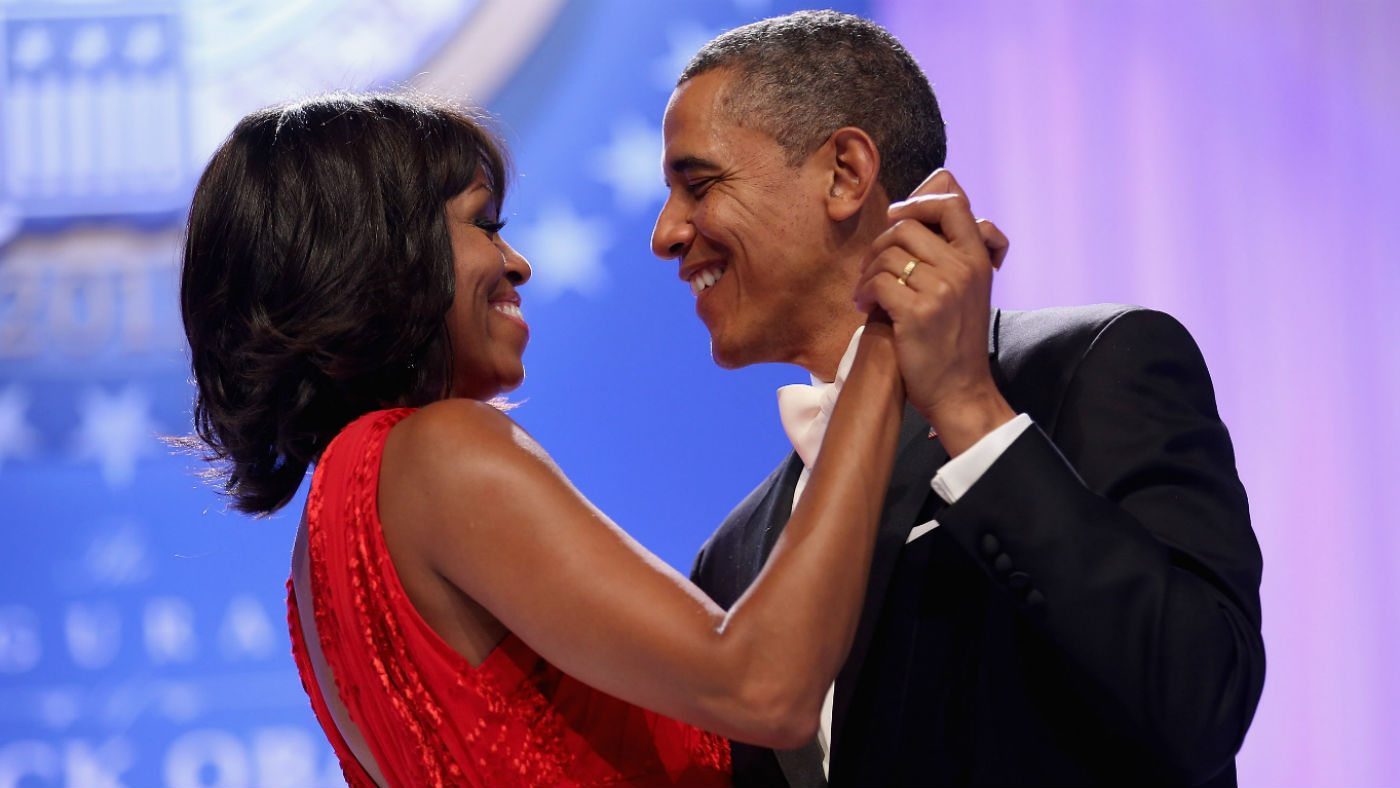 What was on Michelle Obama’s Valentine’s Day playlist?
What was on Michelle Obama’s Valentine’s Day playlist?In Depth Former first lady shared her romantic Spotify ‘mixtape’ for Barack